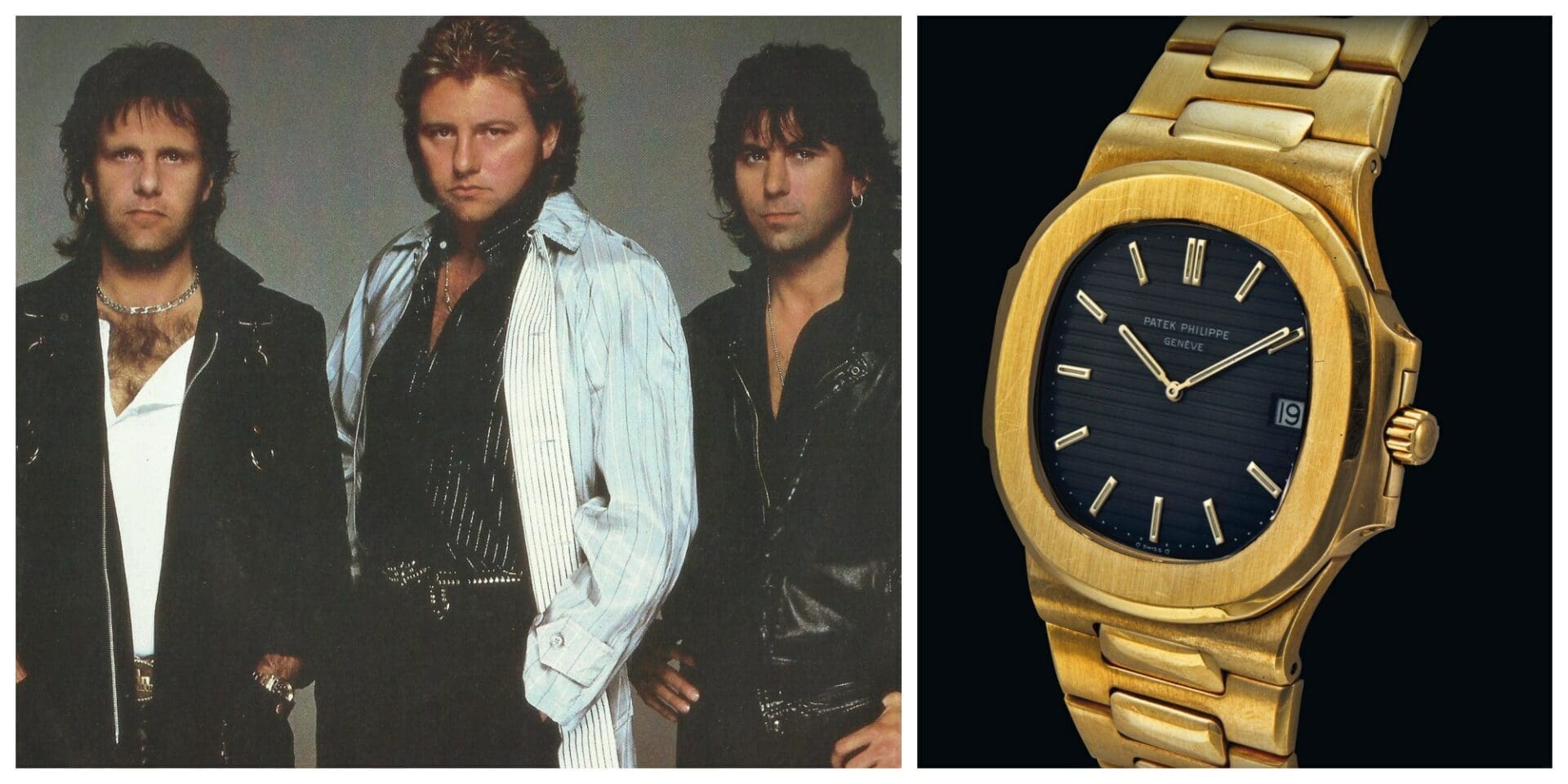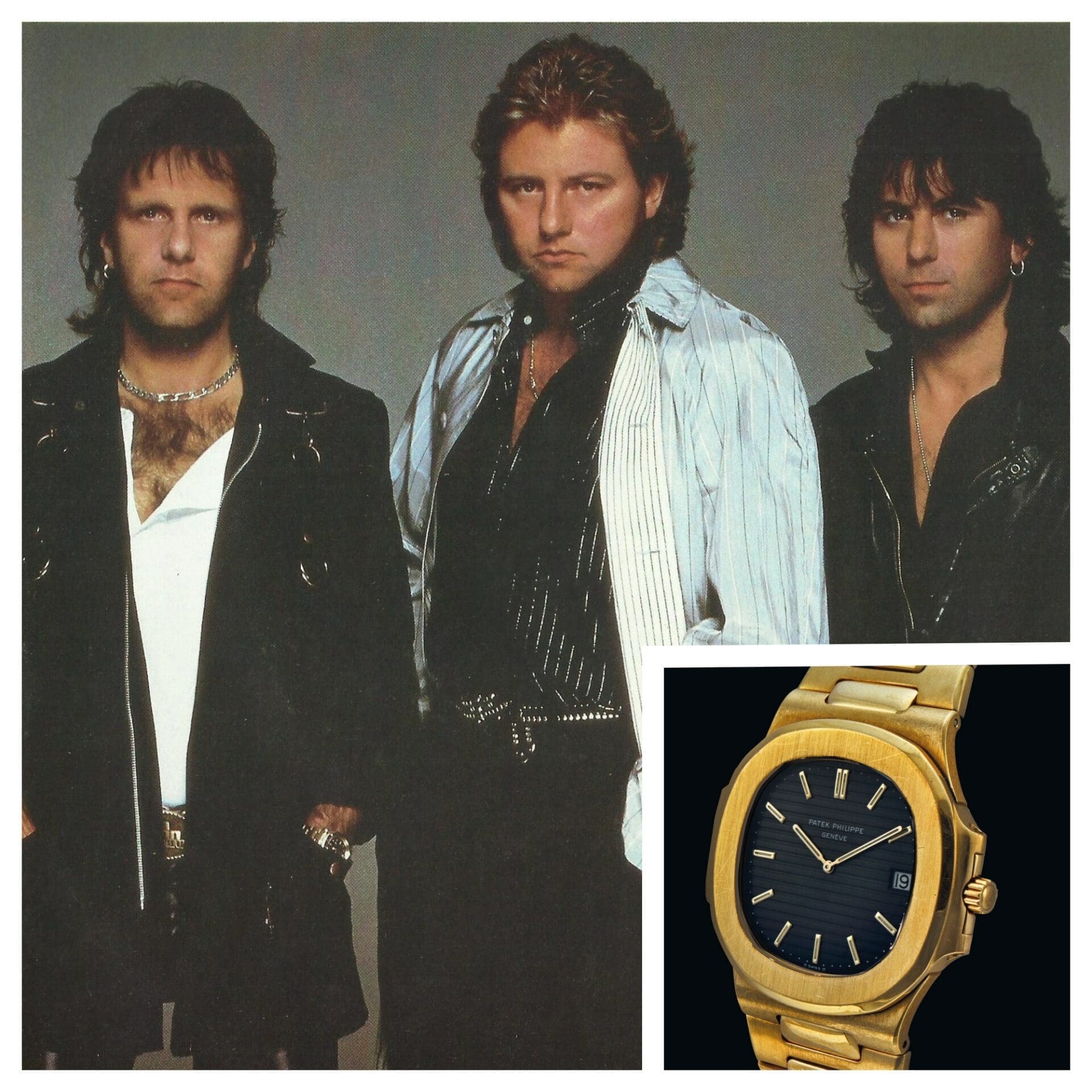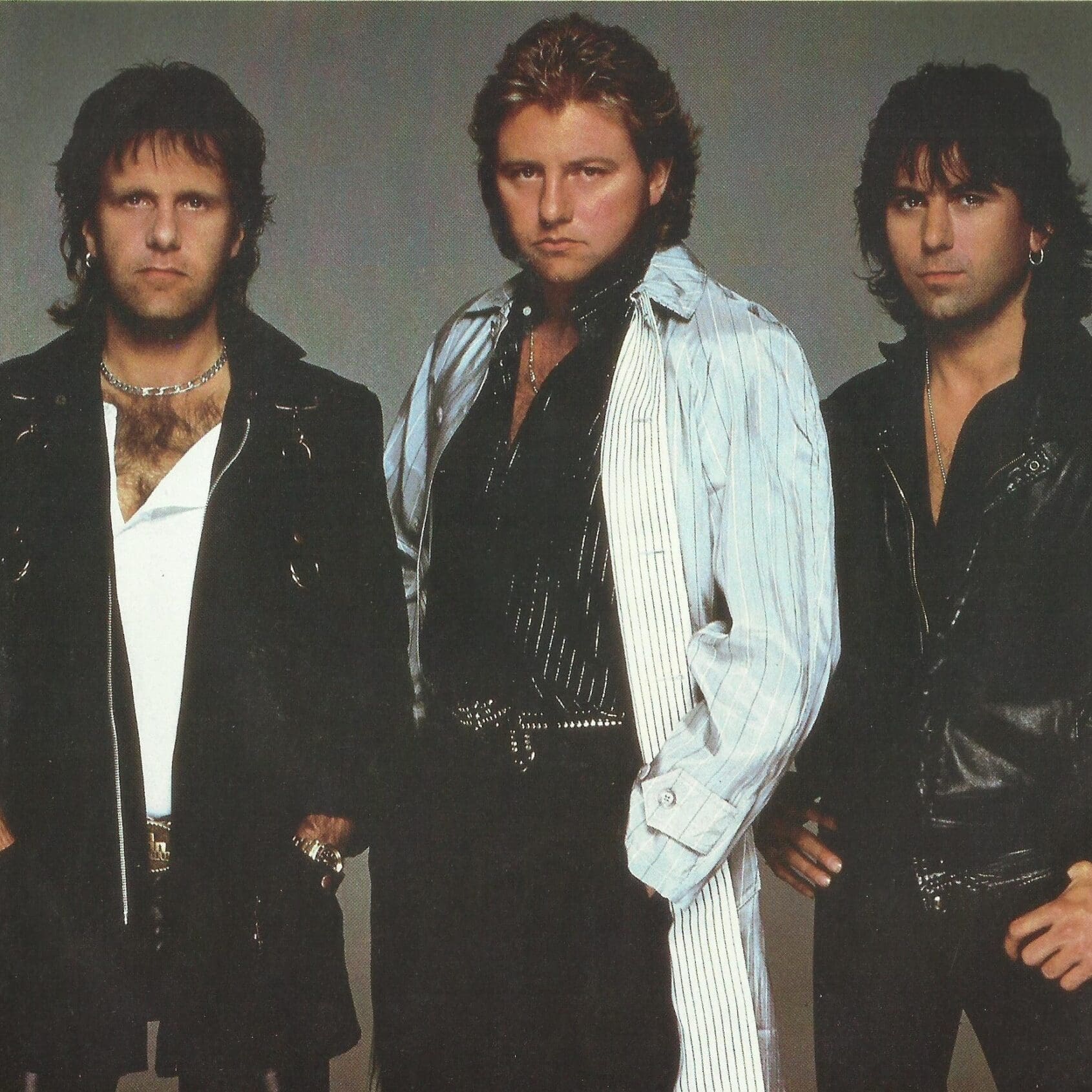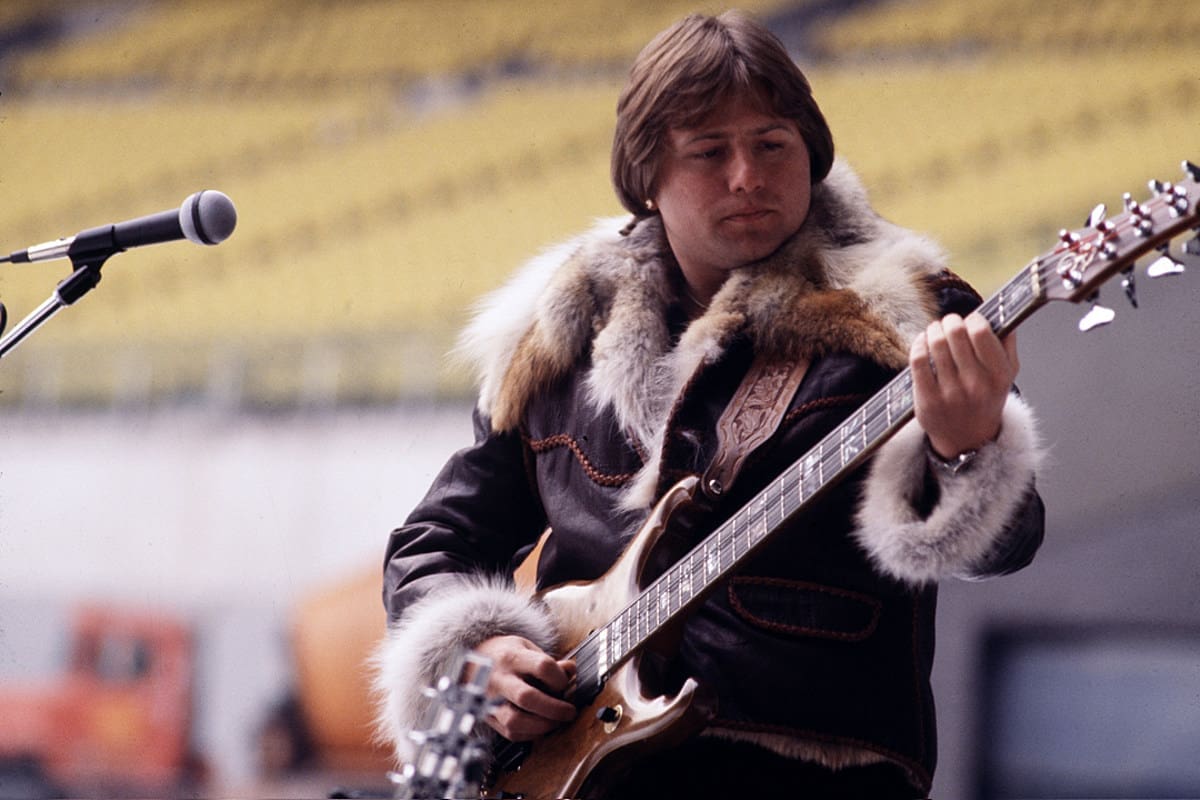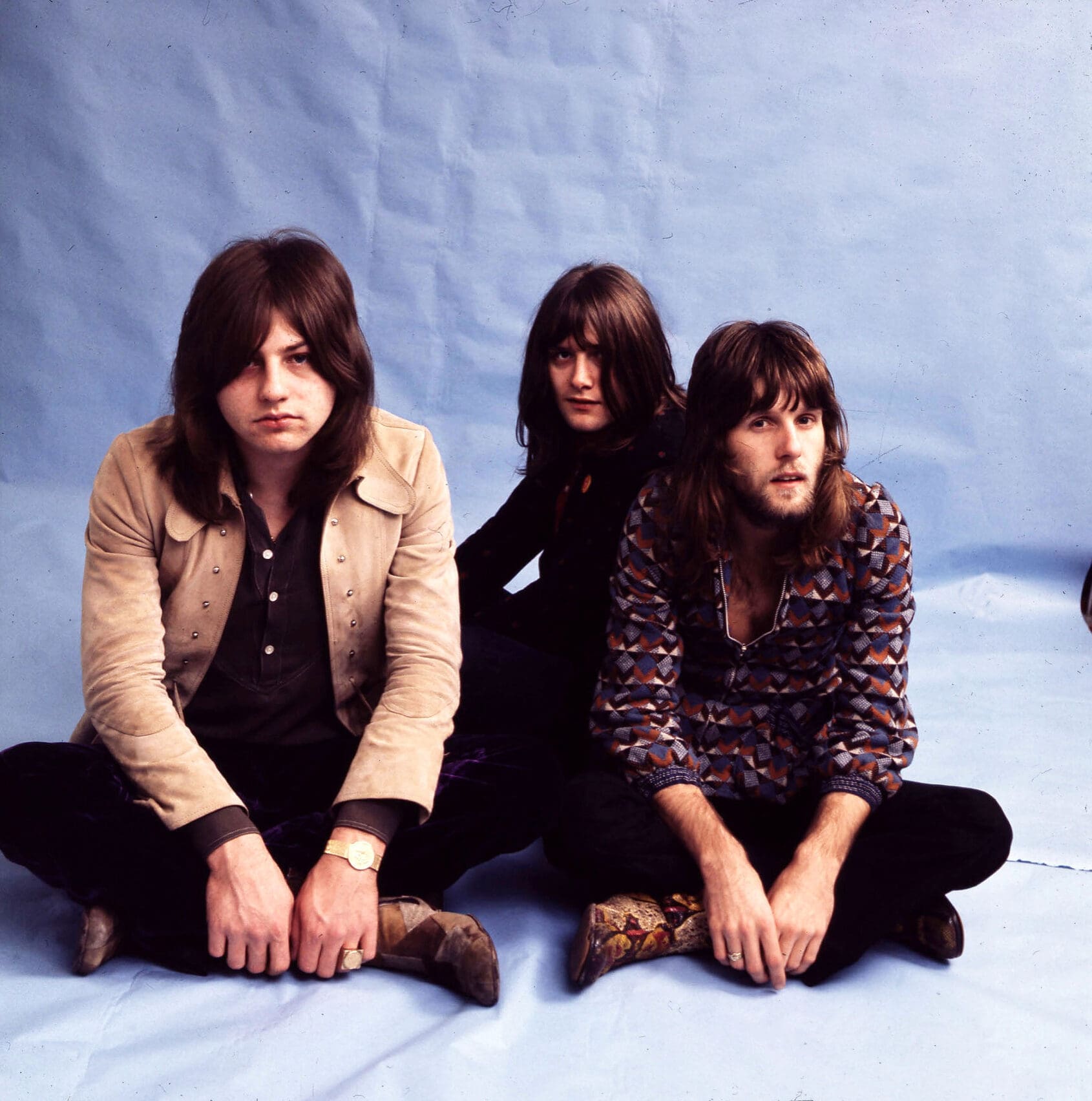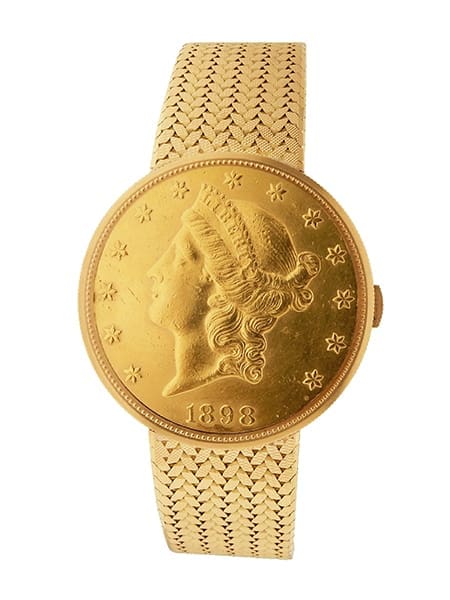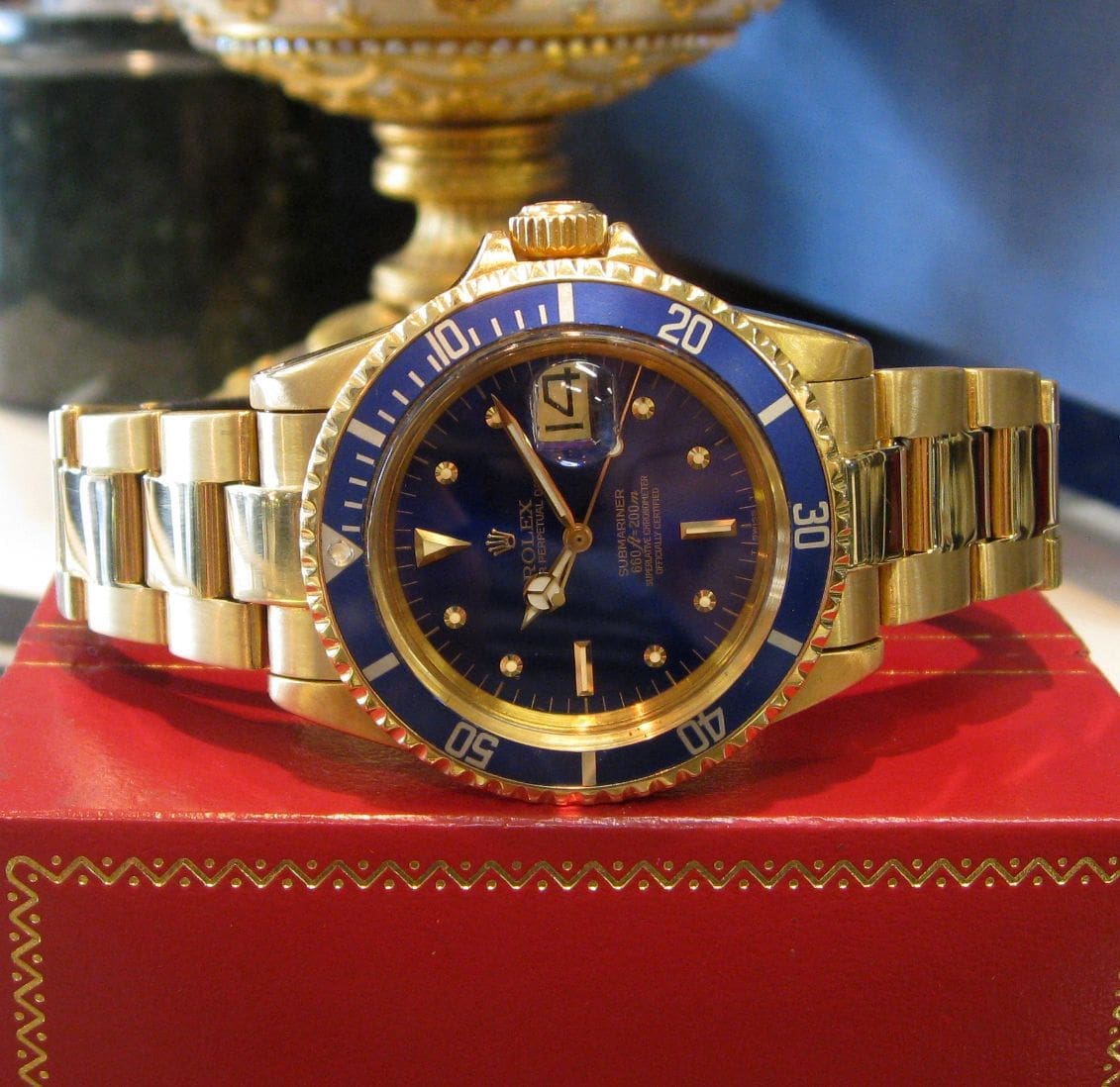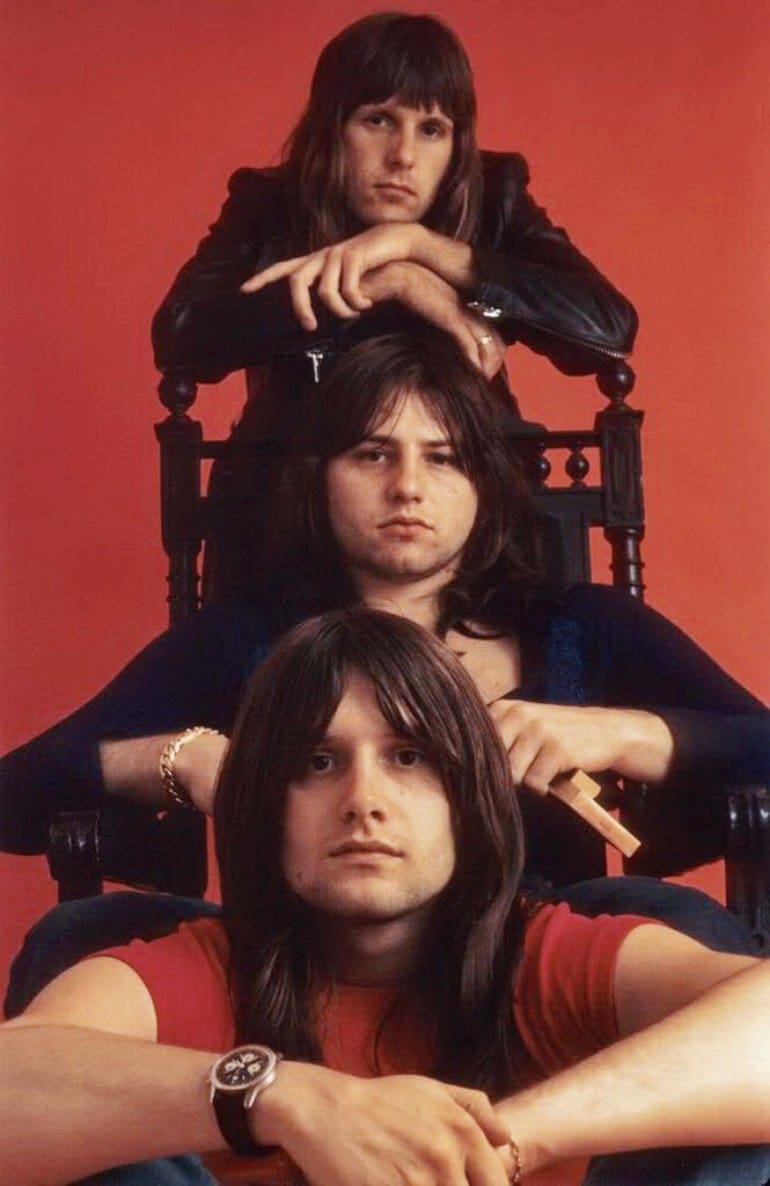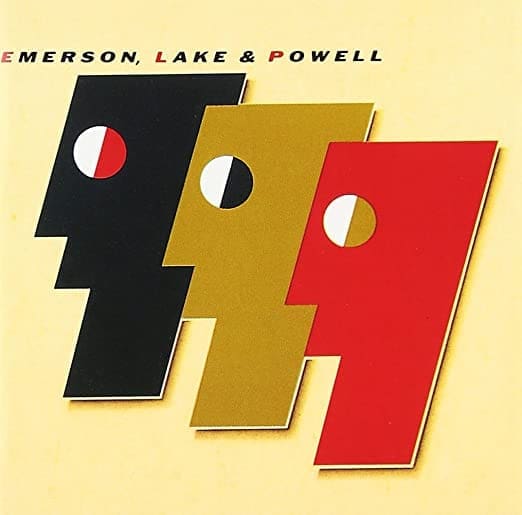This is the first musical shoutout of Patek Philippe. And no, it’s not hip-hop, it’s prog-rock…
D.C. HannayIn the world of popular music, Patek references are all over hip hop, with mentions in rhyme from Jay-Z to Migos. But surprisingly, the first lyrical mention of the brand has nothing to do with rap. No, the first time “Patek Philippe” was heard in song comes from a ’70s British progressive rock supergroup finding their way through the neon-soaked new wave landscape of the 1980s. Settle in for the surprising story of ‘70s prog-rock superstars, their luxury watches, dinosaur rock in the ‘80s, and a Kevin Bacon-esque connection to a 21st century hip-hop classic.
The year was 1986, and MTV had become an overwhelmingly influential force in pop culture. The collective consciousness was dominated by pop, new wave, hair metal, and the rising tide of rap. Artists like Prince, Madonna, Bon Jovi, Run-DMC, Janet Jackson, and the Beastie Boys garnered the lion’s share of attention from young eyes and ears, and for the most part, classic rock bands from the ’60s and ’70s couldn’t get arrested. Bands that were huge in the ’70s suddenly looked to modernise their sound, with varying degrees of success. Progressive, or “prog” bands could not have been less in vogue, so groups like Yes, Genesis, and others spurned some of their more grandiose, instrumentally overblown tendencies in favor of something shinier and more pop-friendly. And this musical artifact from British art-rock supergroup Emerson, Lake, and Powell is a prime example of that pivot.
The classically-influenced instrumental prowess is still there, but it was now wrapped in a modern sheen of state-of-the-art digital production, and an MTV-friendly, sub-4 minute length. Singer/bassist Greg Lake sounded newly energised, and his lyrics decrying the rampant greed and consumerism of the decade rang true.
“Man in the street, nowhere to sleep
No time for nothing, no Patek Philippe
Pedal to the metal, blow by blow
You’re runnin’ with the devil, it’s touch and go”
And there you have it, the first mention of Patek in popular music, with Lake name-checking the brand as a symbol of the 1%. Ironically, Lake and his contemporaries knew the high life well. Time for a little context: British rock stars were among the ruling class of popular culture in the ‘70s, and lived outsized lifestyles to match. With grand country estates, garages stuffed with Bentleys and Ferraris, cellars of Bordeaux, and plenty of disposable income, they were the ballers of their day. And yes, many of music’s upper crust indulged in luxury timepieces.
Greg Lake was a virtuoso English musician, who first rose to prominence as the lead singer and bassist of King Crimson, responsible for perhaps the earliest example of industrial rock, “21st Century Schizoid Man” (younger readers will recognise it as one of the hardest songs to play in Guitar Hero). In 1970, he formed the “supergroup” Emerson, Lake, and Palmer with keyboardist Keith Emerson and drummer Carl Palmer, and proceeded to record a string of classic hits including “Lucky Man”, “From The Beginning”, and “Karn Evil 9”. Their massively popular world tours were the stuff of legend, with lengthy, complex instrumental passages that strained the limits of musical ability, coupled with some truly epic showmanship. Drummer Palmer was famous for his jaw-dropping solos, and Emerson would literally attack his Hammond organ and stacks of synthesisers with daggers while peeling off riffs that would make Bach proud. Life was good for ELP, and along with Swiss mansions and Rolls Royces, the band regularly sported some pretty fine timepieces.
Here’s a young Greg Lake wearing a solid gold “coin” watch, popular at the time, most likely from Swiss watchmaker Juvenia. These were crafted from a hollowed-out antique $20 gold coin that served as the watch’s case.
Keith Emerson loved Rolex, and here’s one of the nicest from his collection, a solid gold 1680 Submariner featuring a blue “nipple” dial.
Drummer Carl Palmer favoured sporty chronographs, and he’s seen here with a Breitling Navitimer of the era.
Due to volatility between the band members, ELP broke up in 1979, with the members going their separate ways to pursue other projects. Palmer joined another British supergroup in 1982, Asia, with members of Yes and King Crimson, who had a surprising monster hit with their debut album. As Palmer was unavailable due to his commitment to Asia, when Emerson and Lake decided to team up again, they tapped legendary British drummer Cozy Powell, whose last name conveniently allowed the group to still be colloquially known as ELP, even if it was now Emerson, Lake, and Powell. British prog bands’ lineups were, at times, hilariously incestuous, with members of ELP, Yes, King Crimson, Asia, and many others often trading spots in each other’s bands.
Emerson, Lake, and Powell only made one album together, as they later moved on to other musical projects. Like many other prog groups, ELP was a band out of time. All three members have passed since their time together, but the legacy of highly skilled musicianship and theatrical excess pioneered by prog groups lives on with their hardcore fans, and their impact is felt today, with groups like Dream Theater and Porcupine Tree carrying the torch. Even hip-hop has felt the influence of prog, with Kanye West famously sampling “21st Century Schizoid Man” in his song, Power. So pour one out for these pioneers of Prog Rock, who introduced Patek Philippe into the lexicon of popular music, and whose bombastic refrains can still be heard thundering down the halls of Valhalla.




